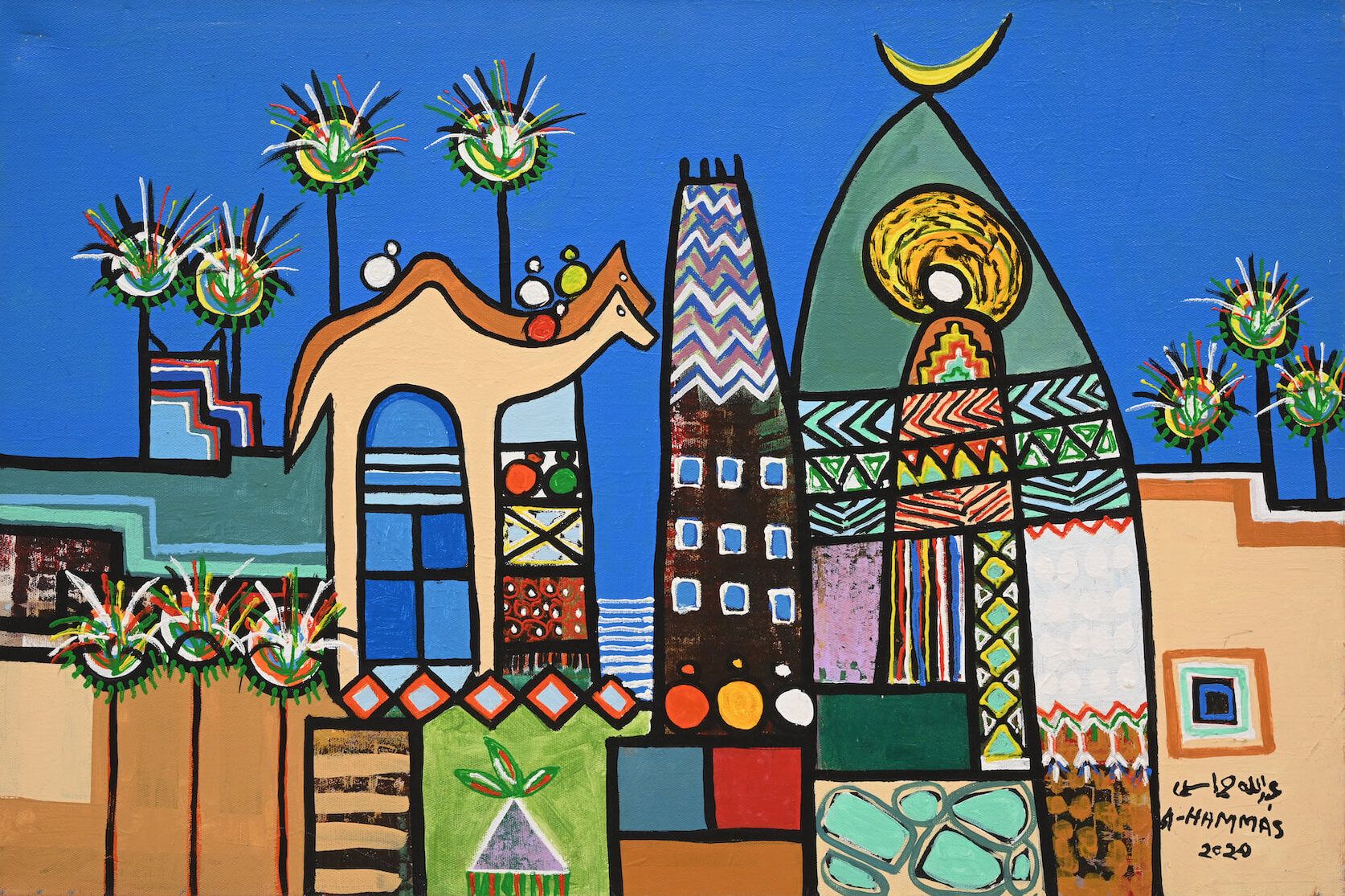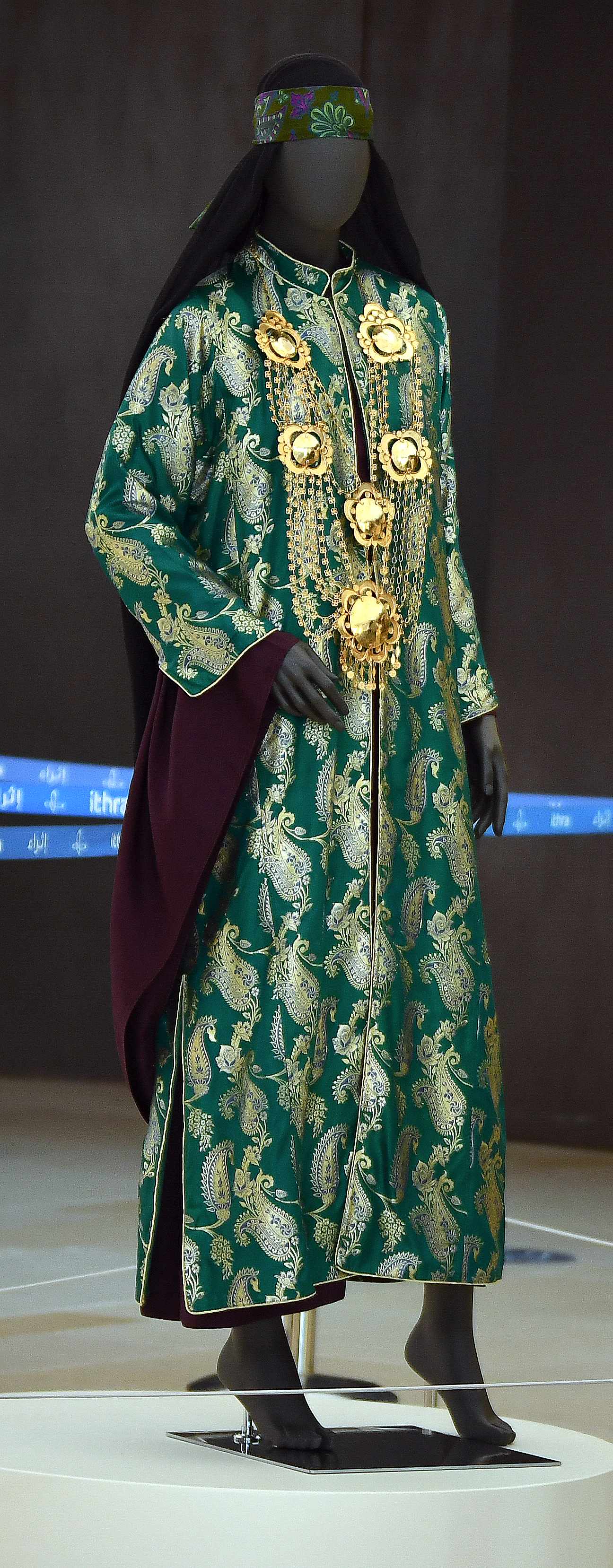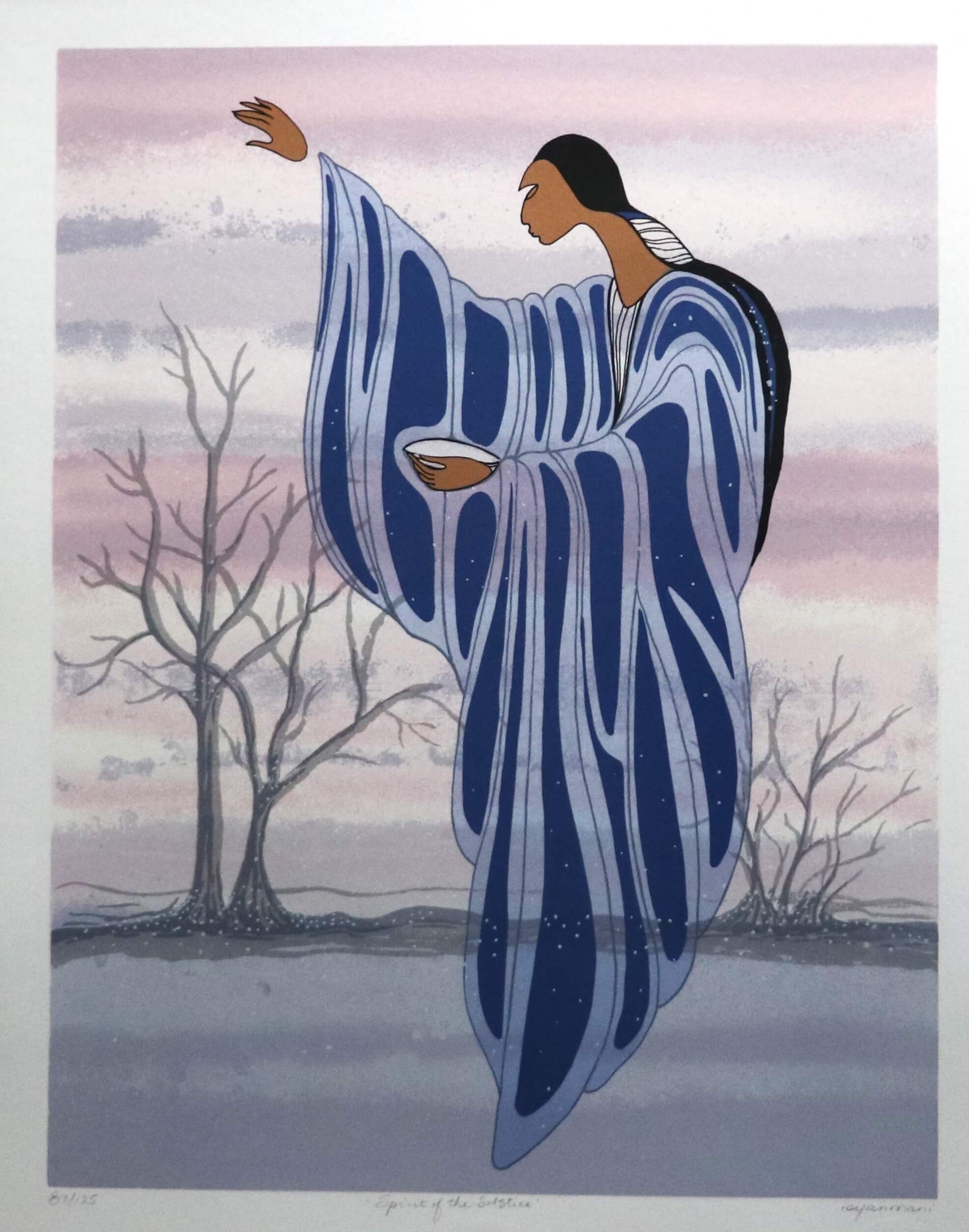Timeless Proverbs from Arabia
A place with a tale - AI-generated art via Midjourney by Ayham Al-Asa’d.
Proverbs are commonly known as figures of speech that are passed from one generation to another; traditional sayings that offer advice or present a moral in a short and pithy manner. They are also metaphorical phrases, similes, and descriptive epithets that were originally used more loosely than are today. They may be taken from an incident, a poem, passed wisdom, or poetry.
Ibn al-Muqaffa’ (724 – 759 AD), the Persian translator of Kalilah and Dimnah said: “If speech is made into a proverb, it will be clearer to logic, easier to stomach, and more serviceable to all branches of discourse”. Meanwhile, Arab philosopher al-Farabi (870 – 950 AD) claimed that proverbs are that part of speech which is accessible to the learned and the commoner alike, both in their meaning and word choice, as manifest through their use of proverbs in casual exchanges and their acceptance of proverbial expressions, culminating into a collected wisdom of the people. Aristotle (384 – 322 BC), on the other hand, rendered brevity the most important pillar of a proverb, which is closer to the truth, as one cannot envision a proverb that does not carry a lot of meanings in a few words.
Proverbs fall into different categories, but in this article, we will be focusing on traditional sayings that originated and are commonly used in the Arabian Peninsula. Traditional sayings are the truest mirrors of a group of people, reflecting the interaction of society with things and different aspects of life. They may be set apart from anecdotes in that they vary with regards to their sound judgment, practical wisdom, and the quality of word choice, but they depict the true image of a people, their philosophy, and what they pass orally among themselves and across generations.
It is worth noting that proverbs know no borders and will be passed between different cultures as befit their dialects, but for the most part they remain intact.

Hussein al-Dhynayb’s clogs - AI-generated art via Midjourney by Ayham Al-Asa’d.
These last two lines are from a poem by Prince Abdullah Al Rashid (1788 – 1848 AD), Nabati (vernacular Arabic poetry) poet and the founder of the Emirate of Jabal Shammar, who was fleeing from a dispute with his cousins in a famous story that took place in the northern region of the Arabian Peninsula. He wrote this poem addressing his loyal companion, Hussein al-Dhunayb, who accompanied him on his fleeing route and took care of his then pregnant wife. This poem, now turned into a folksong in Ha’il, aimed to absolve Hussein and clear his name lest others shame him for tending to the wife of his superior. These last two lines became a commonly used proverb that criticizes characters who jump to blame others and point fingers without heeding the truth of the matter.
As in, my relative understands my words, and this means that he who knows my nature and character, knows how I might act in certain situations, by virtue of his knowledge of what may prompt me to do so. This proverb compares the depth of relationship and communication between two people – ofttimes incomprehensible to others – to the bond between a mother and her child.
Ayham Al-As’ad is a prolific creative with a proven record of excelling across different mediums, namely art directing, branding, advertising and consulting. He currently works as the creative manager at ROSHN, and is interested in the creative aspects of AI among a wide range of design related topics.


